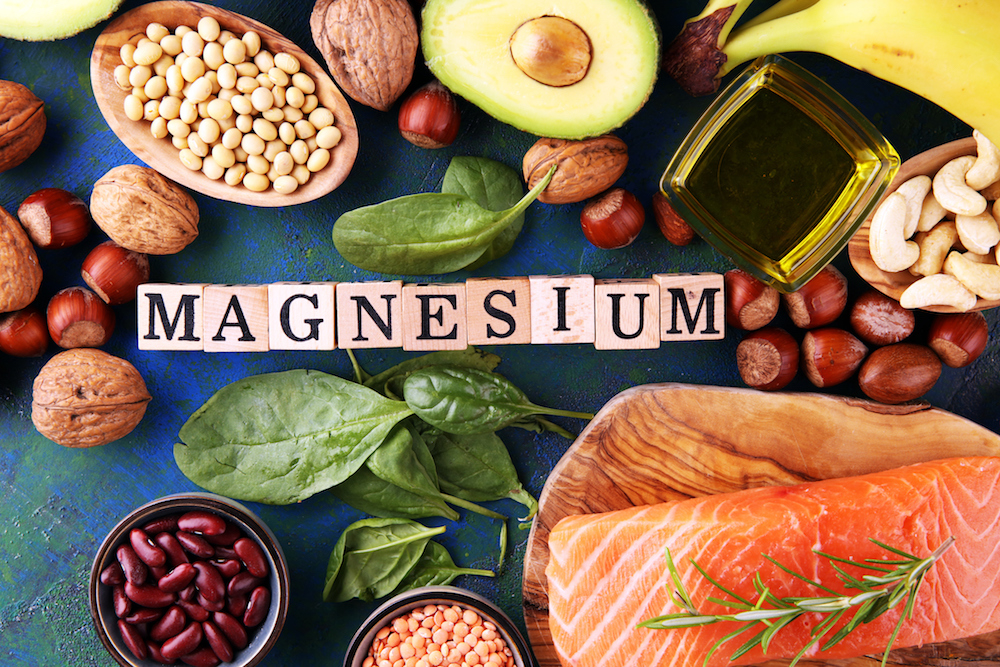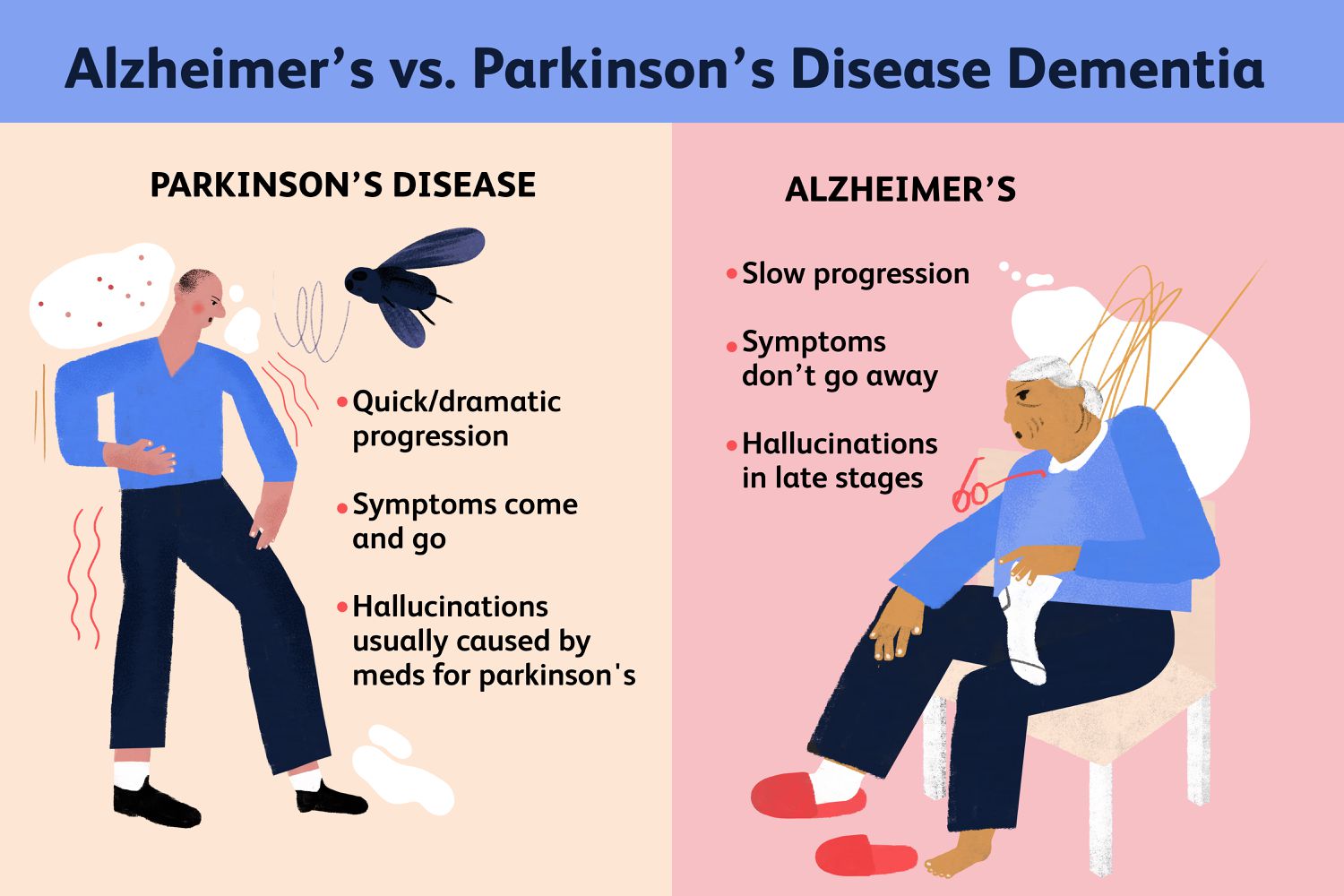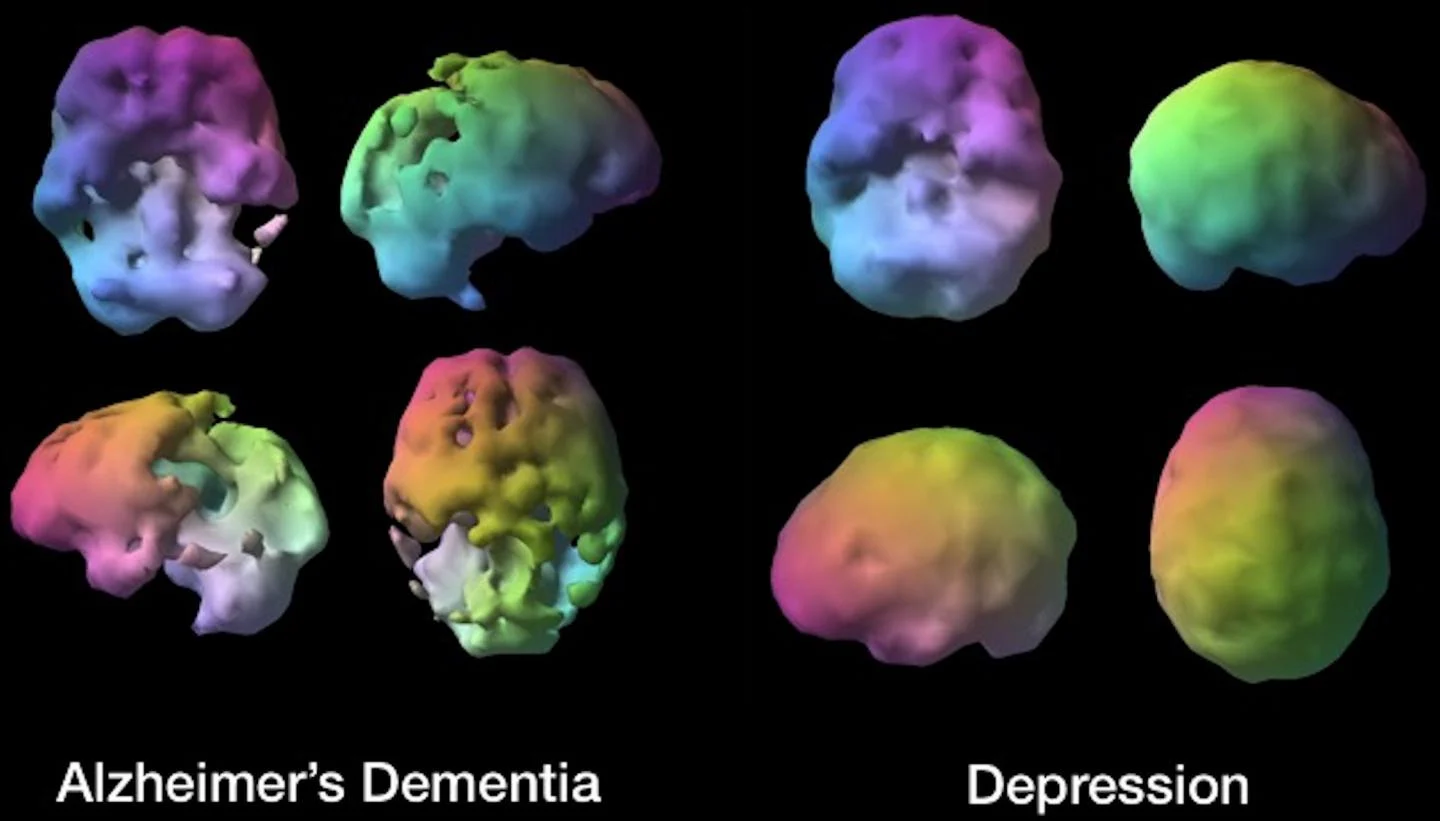Recognizing the Signs of Magnesium Deficiency: 6 Key Symptoms You Shouldn’t Ignore


Maintaining a diet rich in vitamins and minerals is crucial for overall health, a fact well known to many. However, do we truly comprehend the specific nutritional needs of our bodies? While vitamins A, B, C, D, zinc, and iron are frequently discussed, another vital nutrient often overlooked is magnesium. Magnesium is a mineral abundantly present in the human body, playing a crucial role in various processes such as muscle and nerve function, as well as aiding in the utilization of other nutrients like vitamin D. From regulating blood flow to supporting muscle functions, magnesium is an indispensable requirement, and its deficiency can lead to several health issues.
Here are several unmistakable signs that may indicate a deficiency in magnesium:
- Fatigue and weakness: Persistent tiredness and weakness are common initial indicators of inadequate magnesium levels.
- Loss of appetite: A lack of essential minerals, including magnesium, can often result in reduced appetite, as magnesium helps regulate glucose levels that impact hunger cues.
- Muscle cramps: Weakness in muscles, potentially caused by low potassium levels resulting from magnesium deficiency, can lead to muscle cramps and spasms.
- Abnormal heart rhythms: Severe drops in potassium levels can affect the normal rhythm of your heart, leading to a faster heartbeat, which may be a sign of magnesium deficiency.
- Nausea and vomiting: Insufficient magnesium levels can cause lightheadedness and frequent experiences of nausea.
- Nystagmus and abnormal eye movements.
To prevent magnesium deficiency, it is crucial to incorporate a healthy, well-balanced diet that includes foods rich in magnesium, such as:
- Amaranth and Ragi
- Legumes
- Custard apple
- Water chestnut
- Nuts and seeds







